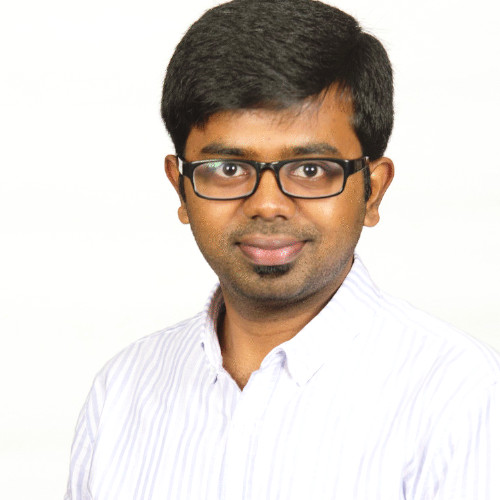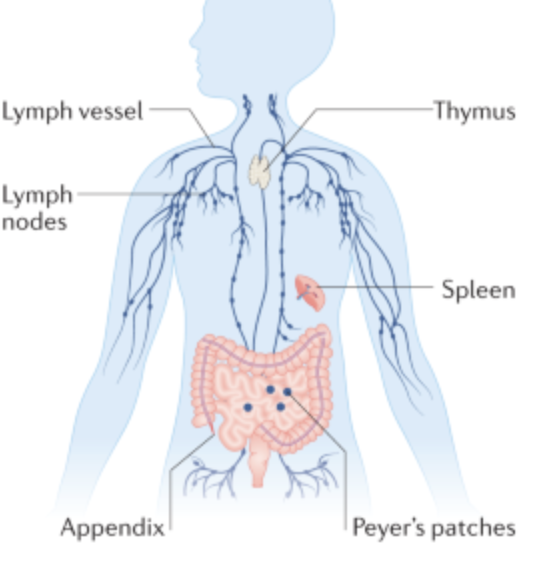
Pradeep Keshavanarayana (School of Mathematics, University of Birmingham)
Contractility of single and collective cells
Actin cytoskeleton mediated contractility is an important process in the lifetime of cells. Contractility is a precursor for cellular division, and migration. In this talk, we will go through how the concepts of mechanics can be used to understand and build a numerical model for single and collective cells contractility. We will discuss in detail the reorientation behaviour of single cell subjected to uni-axial cyclic stretch, from experiments and mathematical modelling point of views. Further, we will extend these concepts to collective cells and talk about how contractility of endothelial cells in vasculature results in gaps between them. These gaps are responsible for immune cells to reach the sites of infection, and also for cancer cells to spread out of blood vessels.
Fecha: 12-05-2022
Hora: 12 h
Lugar: Aula A.06 del edificio Ada Byron
Abstract
The world is becoming unprecedentedly connected thanks to emerging media and cloud-based technologies. The holy grail of metaverse requires recreating a remotely shared world as a digital twin of the physical planet. In this world, the human is probably the most complex mechanical, physical, and biological system. Unlike computers, it is remarkably challenging to model and engineer how humans perceive and react in a virtual environment. By leveraging computational advancements such as machine learning and biometric sensors, this talk will share some recent research on altering and optimizing the human visual and behavioral perception toward creating the ultimate metaverse.
Bio
Qi Sun is an assistant professor at New York University, Tandon School of Engineering (joint with Dept. of Computer Science and Engineering and Center for Urban Science and Progress). Before joining NYU, he was a research scientist at Adobe Research and a research intern at NVIDIA Research. He received his Ph.D. at Stony Brook University. His research interests lie in computer graphics, VR/AR, vision science, machine learning, and human-computer interaction. He is a recipient of the IEEE Virtual Reality Best Dissertation Award.
